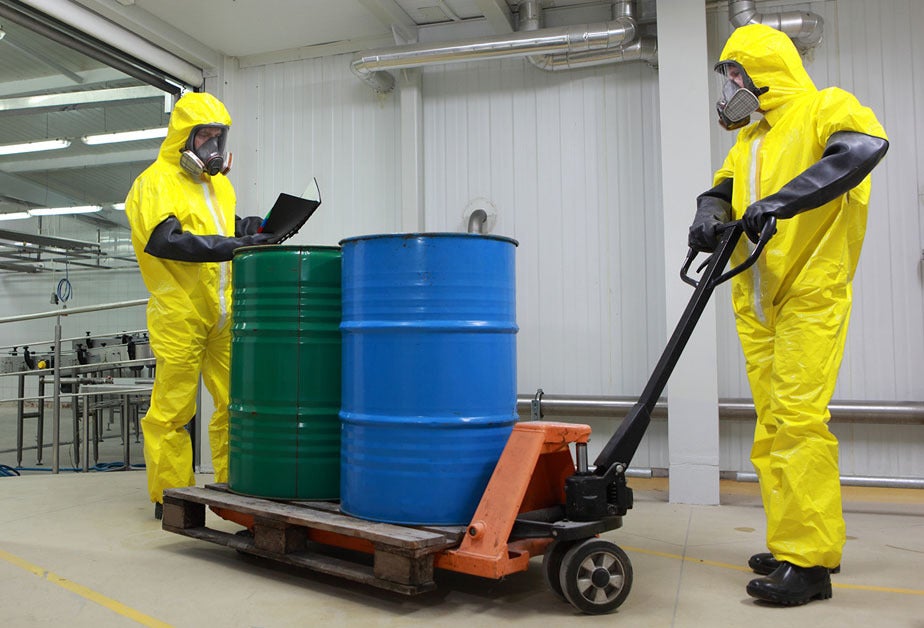DG Grow Commits to a Non-Toxic Environment
To create a “non-toxic” environment by 2050, the European Commission established a set of “extremely clear” rules designed to eliminate hazardous chemicals from material cycles and products.
The Directorate-General for Internal Market, Industry, Entrepreneurship and SMEs (DG Grow) has been the most recent part of the European Commission to underline Europe’s commitment to this new approach. DG Grow is responsible for writing European Union (EU) policy on the single market, industry, entrepreneurship and small businesses.
On February 3, 2020, Thierry Breton — the new commissioner of DG Grow — used his inaugural address to the European Parliament’s Environment Committee (ENVI) to outline new proposal plans for a “zero-pollution ambition” under the European Commission’s Green Deal. This represents a marked deviation from DG Grow’s previous reluctance to develop a strategy for a non-toxic environment.
The European Green Deal is an economic growth strategy aiming to decouple growth from resource use, with particular consideration to the people most impacted by the proposed changes. Through the Green Deal, the EU plans to fulfill a promise to its citizens for clean air, water and soil, as well as renovated infrastructure, less waste, healthier food, improved health and the availability of more environmentally-friendly products in shops.
DG Grow’s part in this effort involves harmonizing Substance of Very High Concern (SVHC) rules across the EU, including endocrine-disrupting chemicals (EDCs), chemicals in articles and very persistent chemicals. In his address, Breton called harmonization a “necessity,” stating, “There are specific characteristics [of rules] that differ from one place to another. My idea is to really move towards more harmonization.”
Breton went on to identify the importance of updating the European Commission’s Registration, Evaluation, Authorisation and Restriction of Chemicals (REACH) Regulation to fully include EDCs.
This view is representative of the European Commission’s shift toward a greater focus on product safety and regulatory enforcement. The Joint Research Centre (JRC), for example, is in the process of assessing whether existing legislation is sufficient, and if regulatory efficiency can be improved. During the assessment, the coherence of regulations for various industries — including toys, cosmetics and food contact materials — will be examined.
Based on Breton’s stated goals and the recent actions taken by the commission, companies operating in or selling products into Europe can expect a greater focus on a regulatory review, subsequent tightening of rules related to substance use in products and higher enforcement levels.
How Assent Can Help
Assent Compliance delivers an efficient, pragmatic approach to supply chain data management. Assent helps companies track substances subject to various global regulations, and enables them to focus on and adapt to the legislation most likely to change or be vigorously enforced in the future.
Supported by leading subject matter experts, Assent offers unparalleled peace of mind to compliance professionals. To learn more about how Assent can help your company, contact us today.










